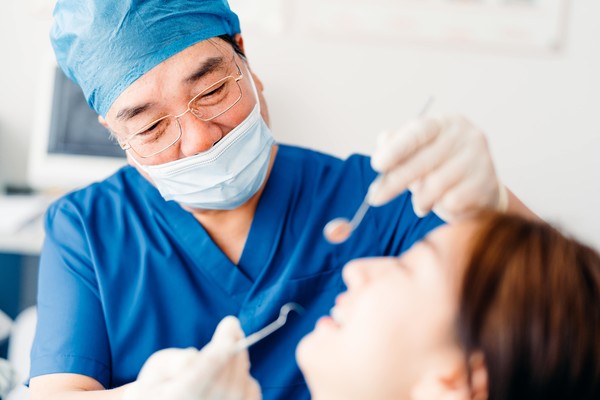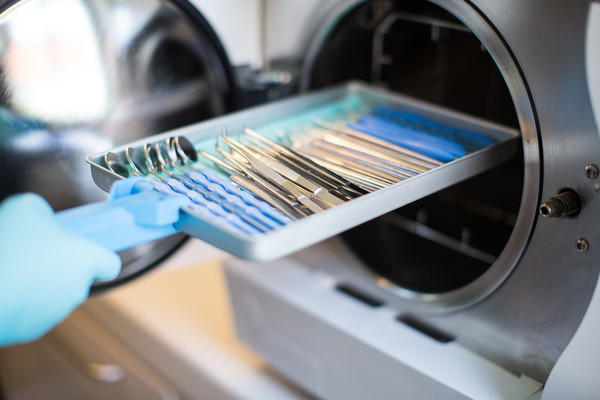Korean dental clinics, equipped with the superior technology and low-cost services, are gearing up to attract foreign patients amid the eased Covid-19 pandemic.
Especially after Korea lifted all the quarantine restrictions for travelers entering Korea, the Korea Health Industry Development Institute predicts that the number of foreign medical tourists attracted by Korean agents, which fell 9.6 percent on-year to 10,209 in 2021 due to the pandemic, could recover rapidly next year.

Bae Ji-eun, a dentist running Yonsei Yegam Dental Clinic near City Hall in central Seoul, said she treats many foreign tourists even on weekends.
“Foreign medical tourists usually visit our clinic to get an aesthetic treatment such as tooth bleaching, laminate, artificial crown, and resin,” Bae said in an e-mail interview with Korea Biomedical Review.
Especially when Korean pop culture, so-called Hallyu, gets global attention, people from every corner of the globe are getting more interested in “K-beauty” and Korean dental tourism, she said.
A pretty large portion, 25 percent, of visitors to Bae’s clinic is from countries other than Korea.
Most foreign patients at Bae’s clinic are travelers who seek dental treatment during their short stay in Seoul. So, she sees more foreign patients than local ones on Friday or Saturday.
Dental crown costs $384 in Korea vs. $1,000 in the US
Korean dental care is well known for affordable prices compared to its Western counterparts.
Even if foreign medical tourists are not eligible for Korea’s national health insurance coverage, dental care costs are much lower than those in advanced countries.
According to a dental clinic near Gwanghwamun Station in central Seoul, a non-reimbursable dental crown (zirconia) costs about 500,000 won ($384) per foreign medical tourist. This contrasts with the usual price of dental crown in the U.S. at around $1,000.
At the same Korean dental clinic, an inlay (resin) costs about 290,000 won ($223). On the other hand, the same kind of treatment requires about $900 in Canada, according to industry data.
Expatriates living in Korea also express satisfaction with the quality of Korean dental care services.
A 28-year-old office worker from Myanmar, living in Seoul, said she first visited a dental clinic near Seocho Station in southern Seoul to receive tooth filling and single tooth extraction.
Covered by health insurance, she paid 30,000 won for tooth filling and 25,000 won for tooth extraction.
She now makes regular dental visits to get scaling and check-ups but they do not cost much.
A 42-year-old, male, British office worker living in Seoul, said he spent about 350,000 won for gold fillings at a dentist in Seoul, which was cheaper than the NHS service, priced at about £282.
Most of all, access to dental care in Korea was much better than that in the U.K., he noted.
“Access is the main issue. It's much better here. And equipment also is good compared, I think,” he said.

State-of-the-art equipment, no language barriers
Korean dental clinics are also famous for providing quality dental services with cutting-edge devices.
They boast advanced equipment including painless anesthesia machines, ultra-precision 3D CT scans, and steam sterilizers to provide accurate diagnosis and proper treatment.
An orthodontist who runs his clinic in Euijeongbu, northern Seoul, said Korean clinics tend to have the latest versions of the “cad cam system” so that they can provide dental prostheses on the visiting day.
“These advanced technologies could allow foreign patients to get the service quickly within a day,” he said.
Korean dentists’ distinguished hand skills are another contributor to Korean dental tourism, Bae said.
“Korea is increasingly becoming a dental tourism destination because Korean dentists have great skill and provide satisfying results,” Bae said.
Not only Bae but some other Korean dentists communicate with foreign patients directly in English without an interpreter.
An English-speaking dentist at Dogo Clinic, located near Coex in southern Seoul, emphasized that foreign patients seemed to put great importance on conversations with the dentists.
“Before they get consultation for the first time, they ask whether I can speak English. Because I have New Zealand nationality, I find it easier to speak in English,” the dentist said.
“As I offer both medical consultation and treatment, we can meet patients’ needs smoothly.”

